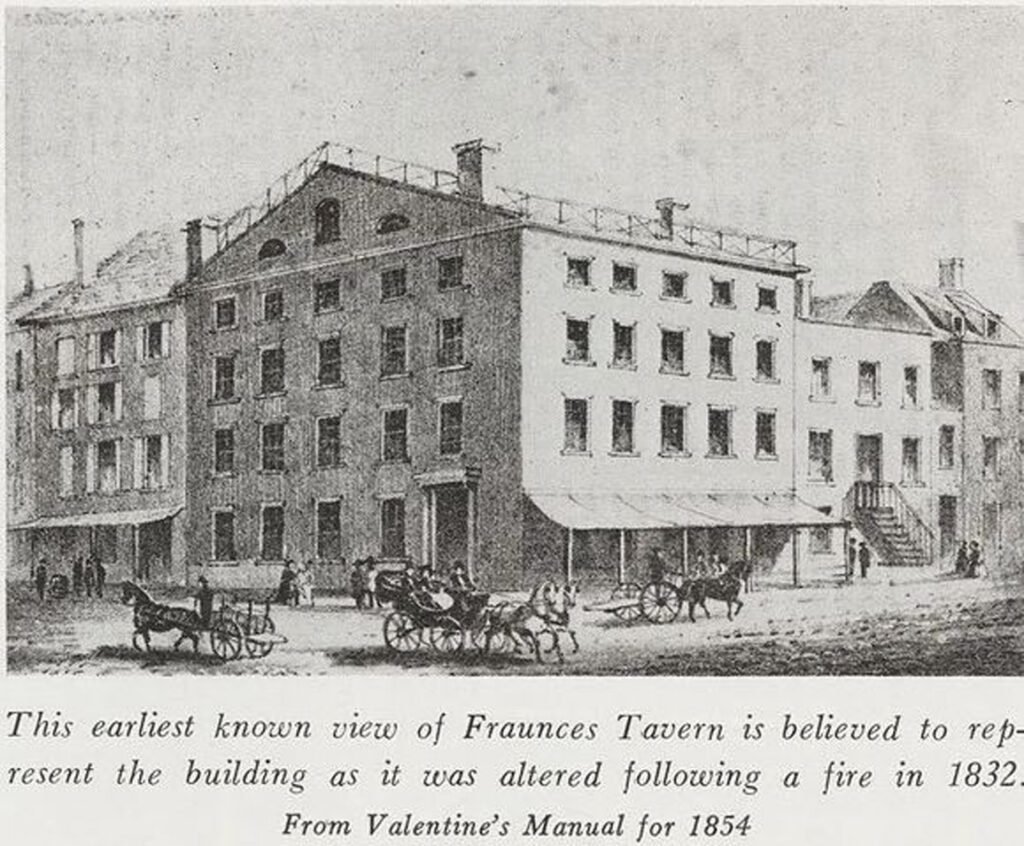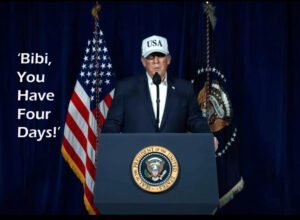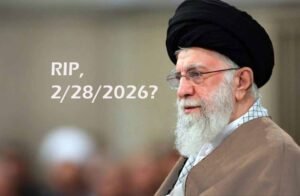The assassination of Charlie Kirk, of whom I had only scant philosophical acquaintance prior to his demise, got me thinking — once again — about what a mess our nation finds itself in. Some would say we’re even perilously close to another civil war.
I’ve previously written of Dwight D. Eisenhower and his Farewell Address, where he warned of the military-industrial complex. Had he included the CIA, his warning would’ve been complete. I personally see involvement by the CIA in the assassination of John F. Kennedy and in the hounding from office of Richard Nixon.
In light of recent events, I decided to read George Washington’s Farewell Address.
Pundits consistently point to three main points he made, two of them warnings. Those three points are the importance of maintaining religion, the traps to be avoided in foreign entanglements, and the threat to the nation posed by the development of factions, or what we now call political parties and their associated organizations.
 On the positive side, Washington felt the nation would thrive and prosper if its people and leaders maintained a moral posture, which he said had to be based upon religious faith. He warned against thinking morality can exist without religion: “And let us with caution indulge the supposition that morality can be maintained without religion.”
On the positive side, Washington felt the nation would thrive and prosper if its people and leaders maintained a moral posture, which he said had to be based upon religious faith. He warned against thinking morality can exist without religion: “And let us with caution indulge the supposition that morality can be maintained without religion.”
His admonition against entangling foreign alliances included a firm warning against “overgrown military establishments which, under any form of government, are inauspicious to liberty, and which are to be regarded as particularly hostile to republican liberty.”
The military establishments he was referring to were European, but now we have our own overgrown military establishment, thus Eisenhower’s warning.
He questioned the wisdom or necessity of getting involved overseas, arguing that “history and experience prove that foreign influence is one of the most baneful foes of republican government.” [By republican, he was referring to our form of government, which is a republic.]
In his commentaries on factionalism, he was more than prescient. His views on sectionalism — North, East, South, Western Frontier — might easily be read as predicting the Civil War, but he never went that far.
Instead, he saw sectional and personal interests forming factions. Factions, he warned, would “…put in the place of the delegated will of the nation the will of a party; often a small but artful and enterprising minority of the community; and, according to the alternate triumphs of different parties, to make the public administration the mirror of the ill concerted and incongruous projects of faction, rather than the organ of consistent and wholesome plans digested by common councils and modified by mutual interests.”
And in this passage, Washington showed himself to be completely prescient of our current circumstances. He wrote that the formation of factions “agitates the community with ill founded jealousies and false alarms, kindles the animosity of one part against another, foments occasionally riot and insurrection.”
(I’d like to segue here into discussing the threat of Zohran Mamdani and his ever-mounting communist ilk, but I’ll leave that for another post on another day.)
Let us at this moment reflect upon the wisdom of our Founding Father, who foresaw with pinpoint accuracy the fate of our nation if it lost religion, fell into entangling foreign engagements, and developed political factions.
Washington’s Farewell Address is not an easy read, but it is completely prescient.
PICTURED: Fraunces Tavern in New York, where General George Washington gave his farewell address after the conclusion of the Revolutionary War, and where, early in our nation’s history, several departments of government met and functioned.







